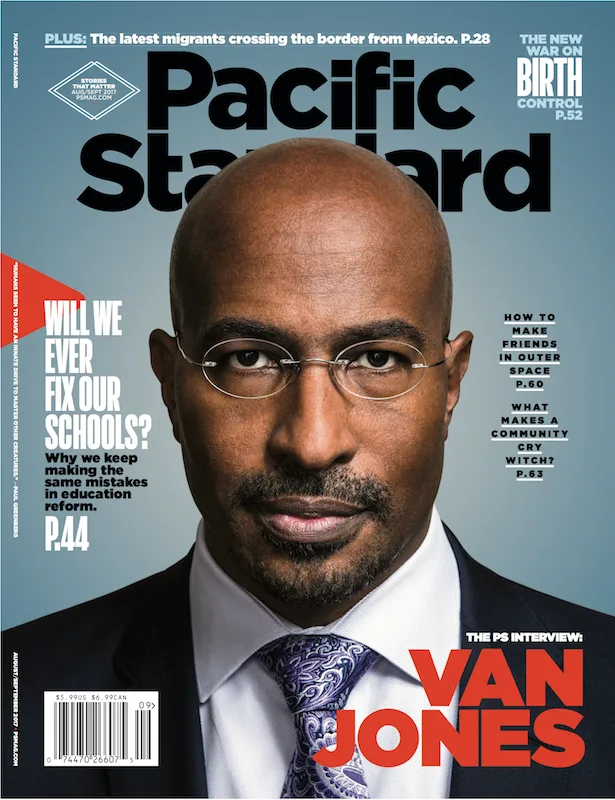What It’s Like to Be a Refugee in Germany’s Conservative Stronghold
 One afternoon, in a plaza in the center of Dresden, a tall man with a fatherly face and glasses insists that our interview be videotaped. Tourists and natives sit on patios eating sandwiches and ice cream as the man’s colleague tries to get the video camera working. An old man in a straw hat approaches me to admire my interview subject. “Just so you know—in anti-Islamic dialogue, he is the No. 1 in Germany! That’s why they call him a Nazi. And he is definitely not a Nazi.”
One afternoon, in a plaza in the center of Dresden, a tall man with a fatherly face and glasses insists that our interview be videotaped. Tourists and natives sit on patios eating sandwiches and ice cream as the man’s colleague tries to get the video camera working. An old man in a straw hat approaches me to admire my interview subject. “Just so you know—in anti-Islamic dialogue, he is the No. 1 in Germany! That’s why they call him a Nazi. And he is definitely not a Nazi.”
With the camera finally ready, the man begins his speech, gesticulating as though to a live television audience, even though only a couple curious onlookers are watching. He warns of a surge of radical Islam in Germany. It’s the result, he says, of the masses of Muslim refugees—men in particular—who have arrived here in recent years on the pretense of seeking asylum.
“Islam is used as a legitimization of rape and the willingness to achieve power through terrorism,” he tells me in German through an interpreter. “They have a totally different culture and a totally different attitude toward women and violence.”
The man’s name is Michael Stürzenberger, and he’s one of the better-known figures in a movement called Patriotic Europeans Against the Islamization of the West, or PEGIDA. PEGIDA rose primarily in opposition to Germany’s open-door refugee policy. In a calm, matter-of-fact tone, Stürzenberger tells his imaginary audience that the Muslims want to build 100 mosques in Munich. “They want to eliminate Judaism and Christianity,” he says. “They are friendly to the outside. But that is all part of their agenda.”
 Within an hour, Stürzenberger’s audience is no longer make-believe: He’s on a stage in the center of the plaza, speaking before a crowd of some 2,500 PEGIDA enthusiasts. They’ve assembled to air their grievances against Islam, liberalism, and the media. They use terms like Lügenpresse (“lying press”), a rallying cry used by the Nazis that recently found its way from Germany to America, in the form of social media posts from certain Donald Trump supporters. “There is a TV crew here from Texas called Infowars,” Stürzenberger tells the crowd. “They are the good ones—they are for Trump. Be nice to them.”
Within an hour, Stürzenberger’s audience is no longer make-believe: He’s on a stage in the center of the plaza, speaking before a crowd of some 2,500 PEGIDA enthusiasts. They’ve assembled to air their grievances against Islam, liberalism, and the media. They use terms like Lügenpresse (“lying press”), a rallying cry used by the Nazis that recently found its way from Germany to America, in the form of social media posts from certain Donald Trump supporters. “There is a TV crew here from Texas called Infowars,” Stürzenberger tells the crowd. “They are the good ones—they are for Trump. Be nice to them.”
Read the full story online or in the August/September 2017 issue of Pacific Standard. Reporting for this story was made possible by the American Council on Germany.